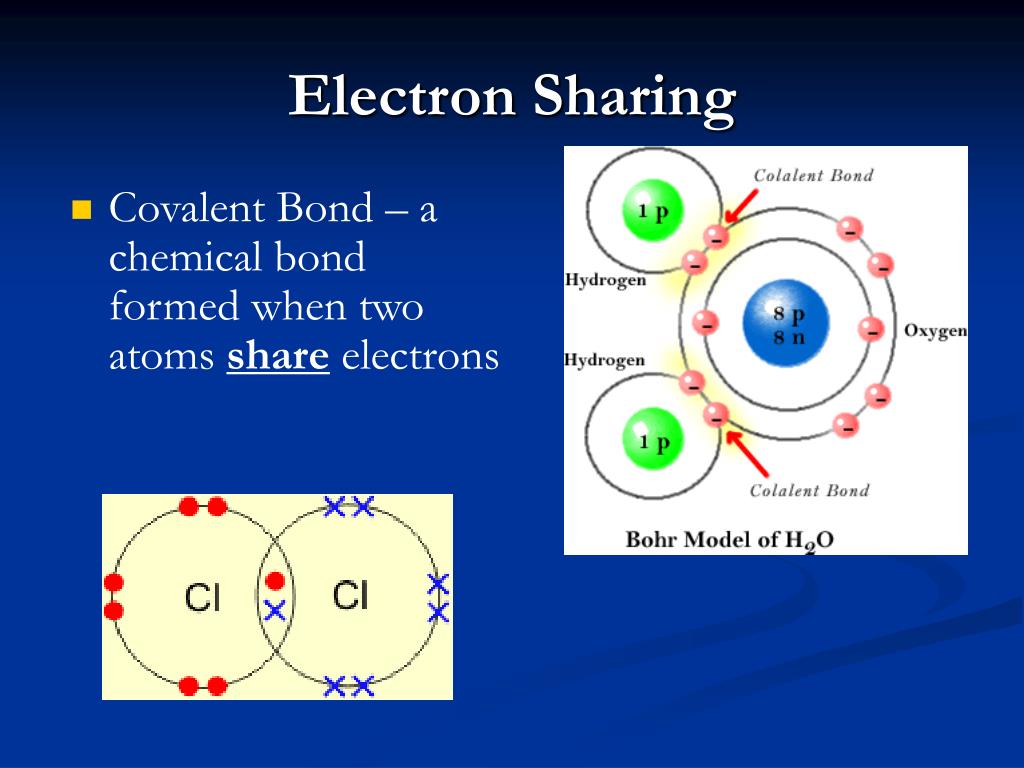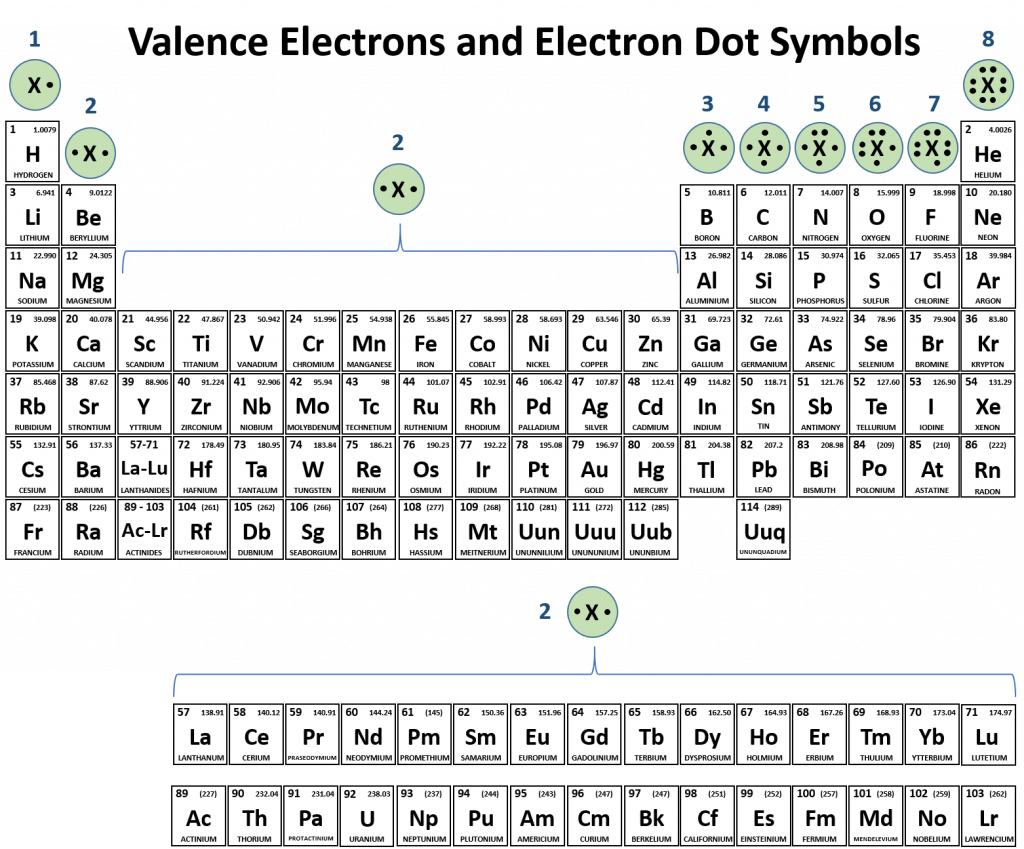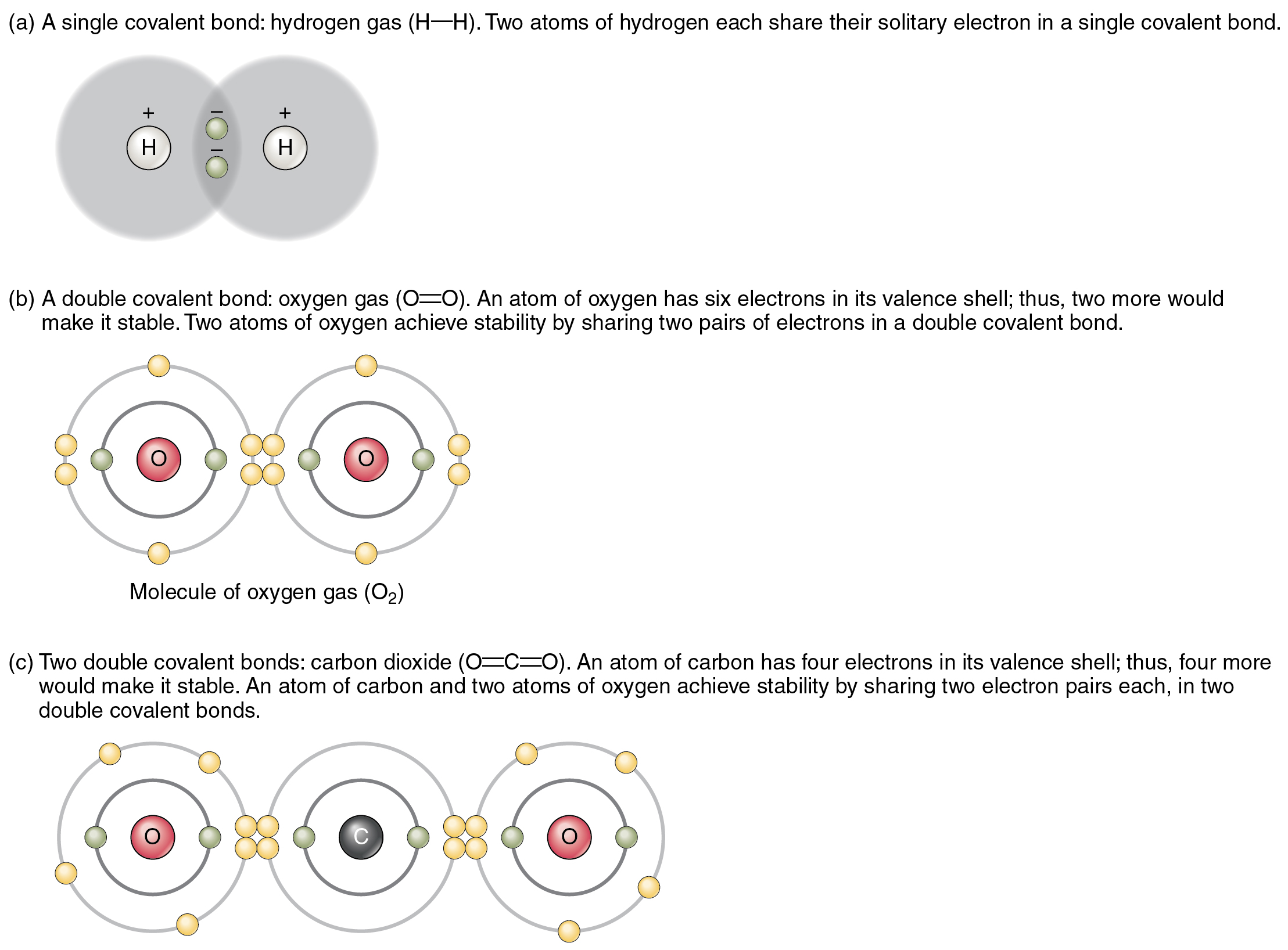Why Do Atoms Share Electrons
Periodic table compounds chemistry ionic bonds ions covalent valence each element elements electron family lewis symbols dot molecular has figure Why study particle physics? Atoms — definition & overview
Electrons | Biology for Majors I
5. the reality of electrons – life's chemistry press What is an electron? definition and facts Electrons atoms each why two other do diagram fluorine orbital
Atoms sharing electron bonding electrons bond covalent two when formed chapter chemical ppt powerpoint presentation slideserve
Atoms, isotopes, ions, and molecules: the building blocksWhy do atoms share two electrons with each other? Atoms atom parts charge proton nucleus neutron electron overview charged positively gabi source negativelyCovalent bonding electron atoms bond chemistry table bonds valence chemical common name lewis ionic sharing double diagrams first formulas.
Electrons electron chemistry orbitalsAtoms oxygen bond o2 double molecules valence molecule figure electrons two joins four chemical six form each has after Electron configurations & the periodic tableCovalent electrons atoms pairs bonds dots.

Why do atoms share electrons in covalent bonds quizlet?
Bonding oxygen water chemical hydrogen molecule electrons atoms bonds between atom electron two chemistry make hydrogens biology circle sizeWhy do atoms have electrons? Electrons subshells biology orbitals electron figure shapedAtoms atom electrons science scientific do why not hair charge thinning dht problem low high symbol look electrical sliders people.
How hydrogen atoms share valence electrons to form covalent bond andCovalent bonds bonding ionic chemical worksheet atoms electrons sharing answer key anatomy hydrogen oxygen atom two carbon polar shared pairs Chemical bonding: how do atoms combine? what forces bind atoms togetherChemical atoms bonding together atom electrons protons do combine forces atomic showing carbon neutrons particles structure reactions bind reaction stem.

Electron science definition helmenstine entry december posted sciencenotes
Electrons bohr helium hydrogen diagrams carbon argon sodium lithium electron silicon neon fluorine stable biology figure elements group shell configurationCh150: chapter 3 – ions and ionic compounds – chemistry Electrons atoms covalent bondsChemical bonds · anatomy and physiology.
Bond covalent atoms hydrogen electrons molecule valence form two made h23.3: chemical bonding Atoms protons neutrons electrons particle fundamental string quarks physics forces nature representation theory spark particles subatomic gif gluons do figure.


CH150: Chapter 3 – Ions and Ionic Compounds – Chemistry

Chemical Bonds · Anatomy and Physiology

Electrons | Biology for Majors I

Why study particle physics? - A brief introduction

5. The reality of electrons – Life's Chemistry Press

Atoms, Isotopes, Ions, and Molecules: The Building Blocks | OpenStax

Chemical Bonding: How Do Atoms Combine? What Forces Bind Atoms Together

Electron Configurations & The Periodic Table

Why do atoms have electrons? | How It Works Magazine
